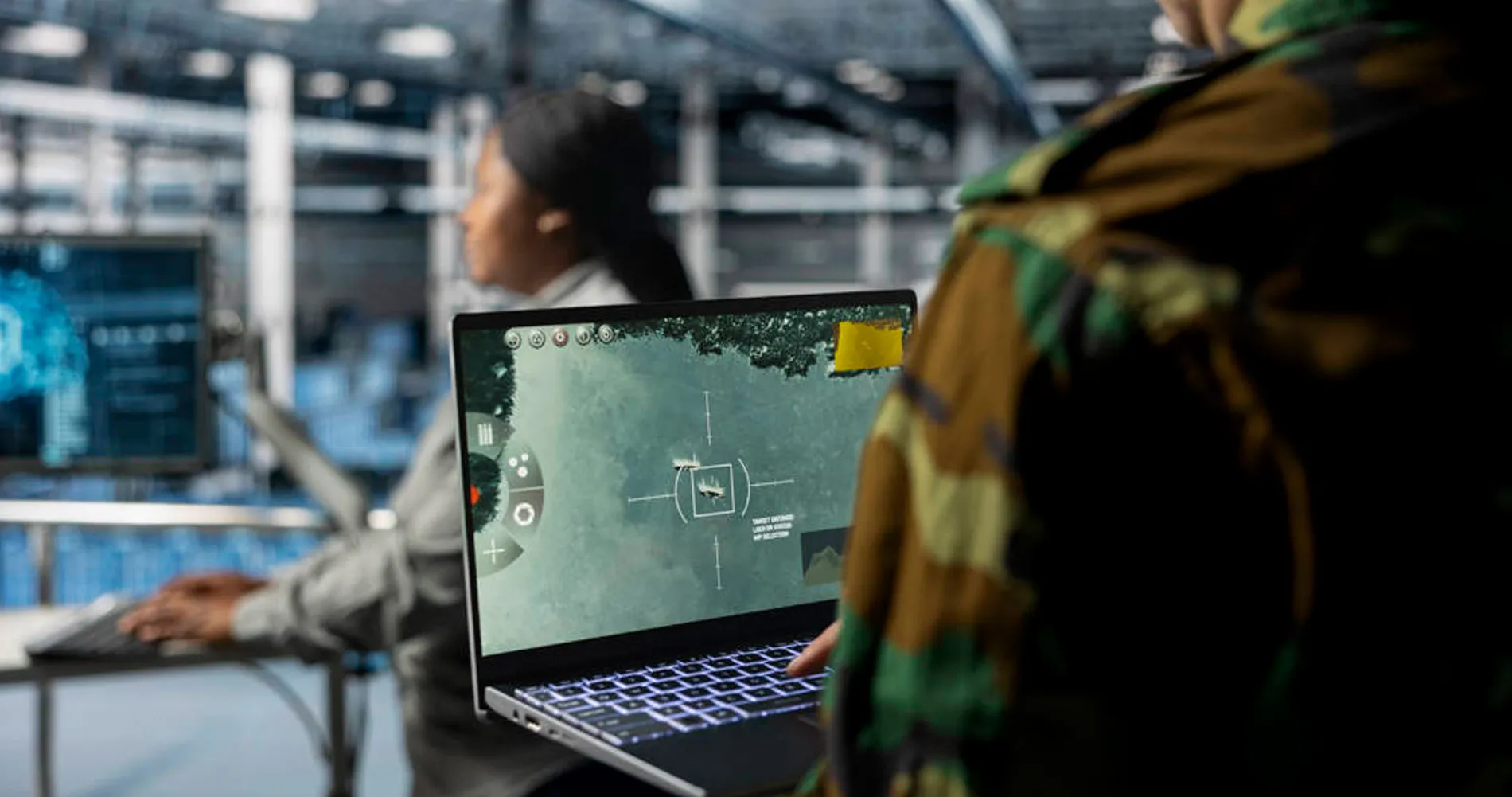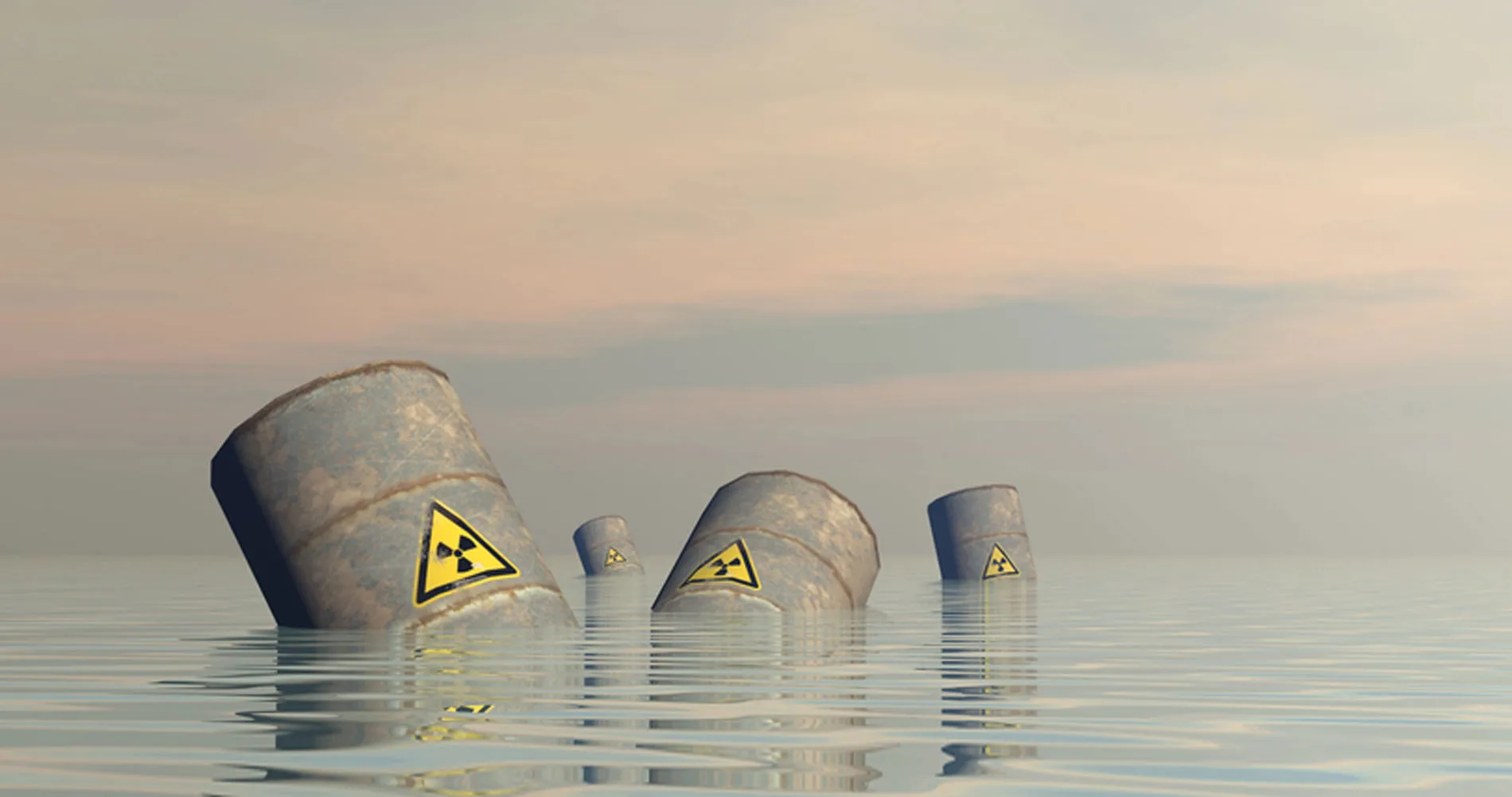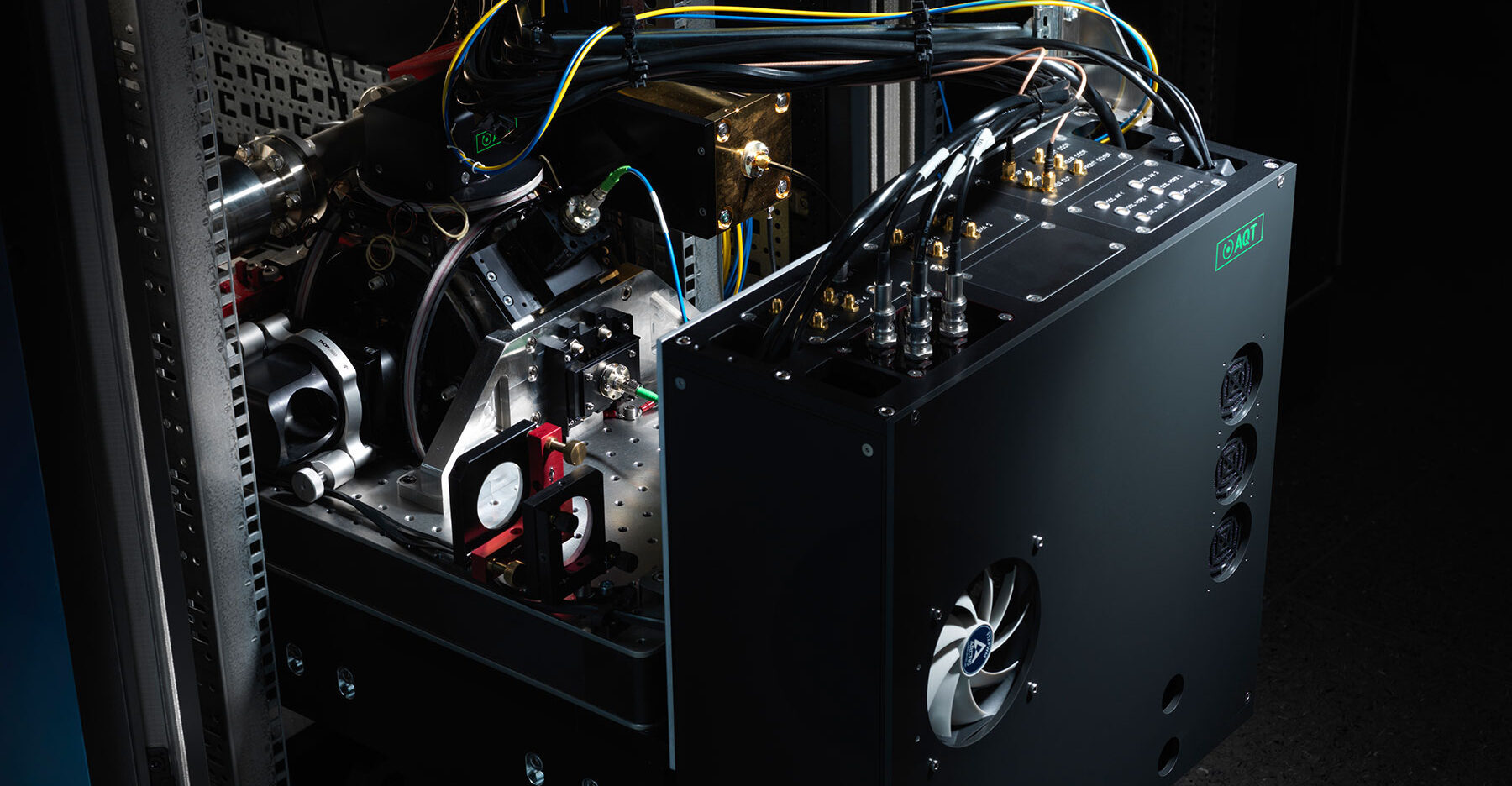Intelligence agencies are quietly embracing neurodiversity by tapping into the unique skills of autistic individuals to tackle complex data analysis and geospatial challenges. Inspired by a decade-old Israeli military program, the US National Geospatial-Intelligence Agency is pioneering efforts to integrate neurodivergent analysts into national security roles. Yet, as AI advances and opportunities remain narrowly defined, questions arise about the long-term inclusion and career possibilities for these specialized workers.
Meric Sentuna Kalaycioglu
9 October 2025
Chinese version | Spanish version
On 22 September, President Donald Trump and U.S. Health and Human Services (HHS) Secretary Robert F. Kennedy, Jr. announced an action plan to combat the autism epidemic. Today, 1 in 31 American children are autistic – an increase of 400% since 2000. While this move was met with praise and criticism, another development affecting the neurodiverse community has largely gone unnoticed. Intelligence agencies, particularly the US National Geospatial-Intelligence Agency (NGA), are tapping into a previously unnoticed talent pool: neurodivergent individuals, especially those on the autism spectrum.
Inspired by Israel’s military intelligence model, these programs are redefining what it means to serve in high-risk environments. Rather than viewing autism as a limitation, agencies are beginning to recognize the exceptional strengths many autistic individuals bring to complex, data-driven work.
The groundwork of this transformation was laid nearly a decade ago by Israel, where the Israel Defense Forces (IDF) launched Ro’im Rachok—translated as “Looking Ahead”. Founded in 2013, the program integrates high-functioning autistic individuals into Unit 9900, a very specialized intelligence unit responsible for visual data and satellite imagery interpretation including terrain analysis. At this point, what some call “disability” becomes an unmatched strategic advantage.
Autistic soldiers in Unit 9900 have demonstrated exceptional capabilities in identifying patterns, detecting anomalies and focusing for extended periods—skills that are vital in surveillance and intelligence work. While many of these soldiers were once dismissed as unemployable or “unsuitable” for military service, they now represent some of the IDF’s most critical human assets.
The Israeli model highlights a powerful reality: given the right atmosphere and support, autistic individuals not only integrate, they excel.
In the US, the NGA has adapted this model with a forward-looking workforce pilot project aimed at creating space for neurodivergent analysts in federal intelligence. While the nature of their work remains classified, the outcomes are making progress across the federal workforce. Analysts on the spectrum are increasingly being recognized for their precision, analytical assessment and alternative thinking styles – qualities that traditional intelligence agencies often overlook.
According to NGA officials, creating inclusive workspaces goes beyond offering employment; it is about redesigning systems to welcome different cognitive strengths. That means adjusting training protocols, offering sensory-friendly workspaces, and providing neurodivergence-informed supervision. These changes are not acts of charity and inclusion but strategic enhancements.
A 2024 RAND Corporation research report “Neurodiversity and National Security” underscores this shift, highlighting how neurodivergent employees can fill mission-critical skill gaps, particularly in geospatial analysis and threat detection. Yet, the report also reveals that current US government frameworks treat neurodivergence primarily as a disability. The report underlines that many neurodivergent professionals choose to “mask” their traits to avoid being labeled, leading to chronic stress and burnout.
RAND also points to serious gaps in federal data collection, making it nearly impossible to measure how many neurodivergent individuals are employed in national security roles or how many are discouraged from applying in the first place. The report recommends concrete steps, from redesigning job descriptions and streamlining hiring practices to offering noise-canceling tools and allowing self-selected desk arrangements, all of which could foster a more inclusive and effective security workforce.
While these programs offer undeniable benefits, especially for agencies facing talent shortages, there is an understated downside. In Israel, even commanders in Unit 9900 acknowledge that finding the right people for intensive deciphering work is a constant challenge. As one Unit officer candidly stated, top-tier recruits often seek command roles, leaving a gap in the concentration-intensive but less exciting analytical positions. Autistic soldiers, by contrast, are often steered into these roles and tend to remain there. However, it may not always by choice.
According to data from the World Health Organization (WHO) autistic adults face staggering unemployment and/or underemployment rates, ranging from 65% to as high as 85% in some regions. The UK’s National Autistic Society (NAS) reported a 32% employment rate for autistic people in the UK in 2017, with only 16% in full-time positions. In the US, just over half (53.4%) of autistic young adults were employed after leaving school, according to 2011 data, a figure that represents the lowest employment rate among all disability groups.
Experts in labor policy and neurodiversity have estimated that the overall unemployment rate for autistic Americans ranges between 60% and 70%. In this context, many autistic soldiers accept intelligence roles in the IDF or in NGA not only because they are good at them, but because other opportunities are few and far between. While the army provides a salary, it may also create a form of dependency.
Another imminent question is the role of automation. In 2015, IDF officers managing satellite intelligence noted that software capable of replacing human decipherers was “nowhere on the horizon.” Today, AI now plays an increasing role in image analysis, anomaly detection and geospatial interpretation -areas once considered to warrant human expertise and judgement.
While AI is unlikely to fully replace human analysts in the near future, it is quickly reshaping the landscape. Neurodiverse individuals might have the superpowers necessary to compete with AI and intelligence services have realized this.






















